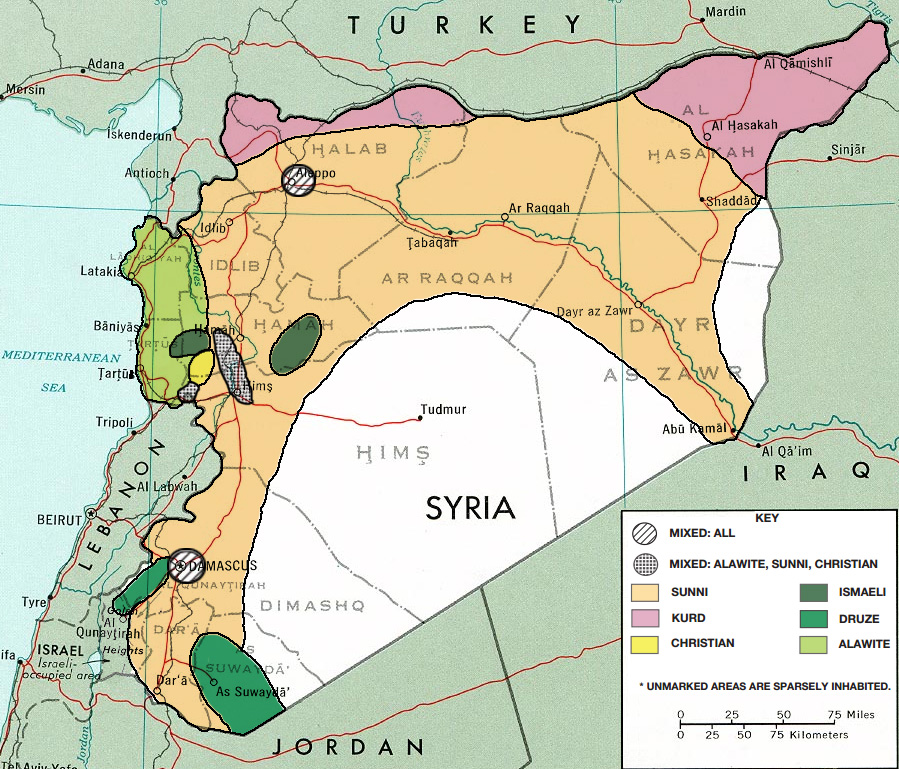In a significant diplomatic development, Syria’s de facto leader, Ahmed al-Sharaa, pledged his country’s neutrality in Lebanon’s internal affairs during a press conference with Lebanese caretaker Prime Minister Najib Mikati on Saturday. This commitment comes as relations between the two neighboring nations remain fragile, following recent security tensions along their shared border.
Al-Sharaa emphasized Syria’s intention to remain “equidistant from all Lebanese factions,” underscoring his desire for balanced relations with Lebanon. The two leaders discussed a range of issues, including cross-border smuggling, the management of shared borders, and the ongoing financial troubles surrounding Syrian deposits in Lebanese banks. Al-Sharaa also expressed his vision for long-term, strategic ties between Syria and Lebanon, aimed at solidifying cooperation on a variety of fronts.
Mikati, who was visiting Damascus on his first trip to Syria in over a decade, reiterated his belief in the intertwined destinies of the two countries. He highlighted that Lebanon’s stability is closely linked to Syria’s wellbeing, particularly amid Syria’s ongoing recovery efforts from the years-long civil war. Mikati also noted the pressure Lebanon faces due to the large number of Syrian refugees in the country and hoped Syria’s efforts to address the refugee crisis would ease Lebanon’s burden.
The visit, which took place under the backdrop of Syria’s ongoing political transition after the departure of former President Bashar al-Assad in December 2024, saw no formal agreements announced. However, both leaders acknowledged the importance of enhancing bilateral ties, especially in light of recent cross-border tensions, including clashes between Lebanese forces and Syrian armed groups that have resulted in casualties on both sides.
Al-Sharaa, who led the coalition that ousted Assad, is currently overseeing efforts to stabilize Syria and re-establish its regional alliances. Mikati’s delegation included key figures such as Lebanese Foreign Minister Abdallah Bou Habib and top security officials, signaling the high level of importance both nations place on improving their diplomatic and security relations.
The meeting occurred amidst heightened tensions along the Syrian-Lebanese border, which has been marked by Syrian-imposed restrictions on movement and clashes between military groups. These developments have strained the traditionally close ties between Syria and Lebanon, with Syria recently restricting Lebanese access to its territory after years of facilitating visa-free travel for Lebanese citizens.
As the situation unfolds, both countries will likely face increasing pressure to address not only security issues but also broader economic and humanitarian challenges that impact both nations. The outcome of Mikati’s visit, although lacking any formal agreements, could set the tone for future cooperation between Syria and Lebanon as they navigate a complex regional landscape.


